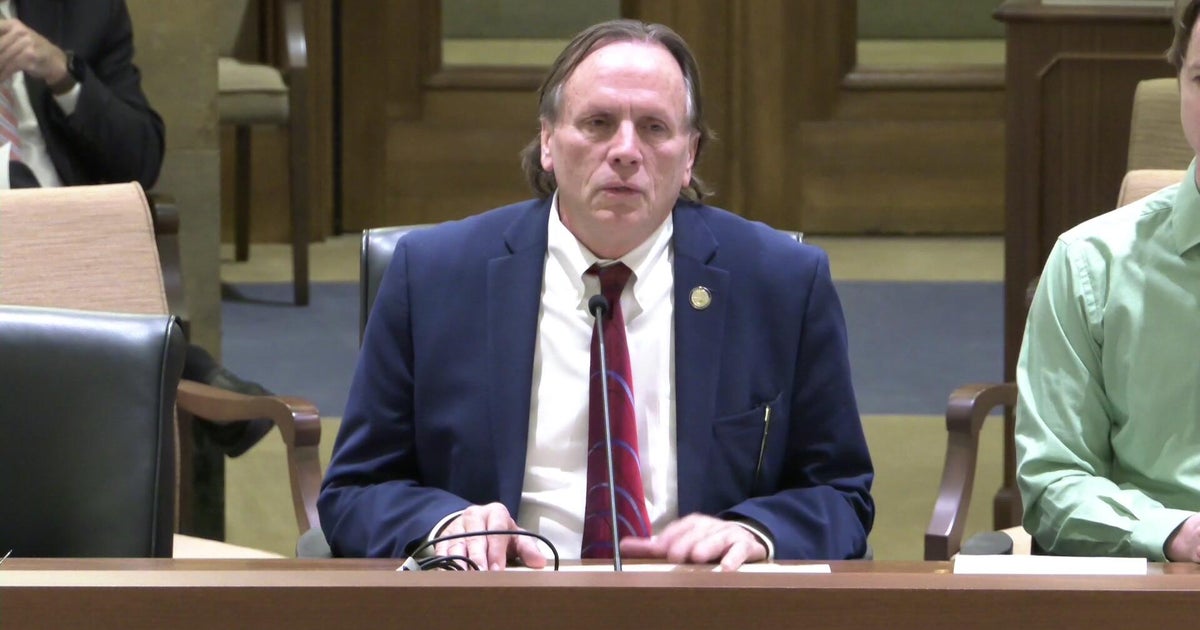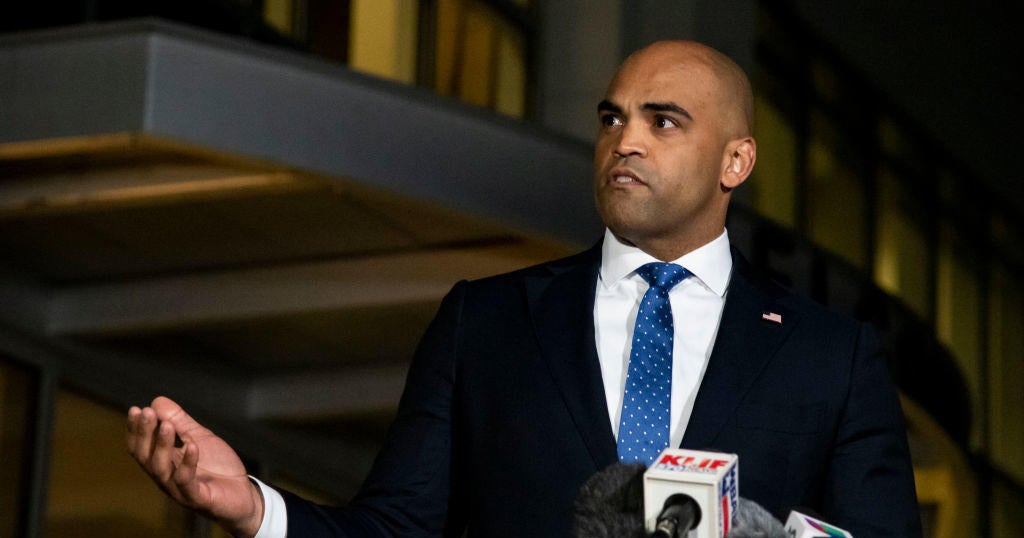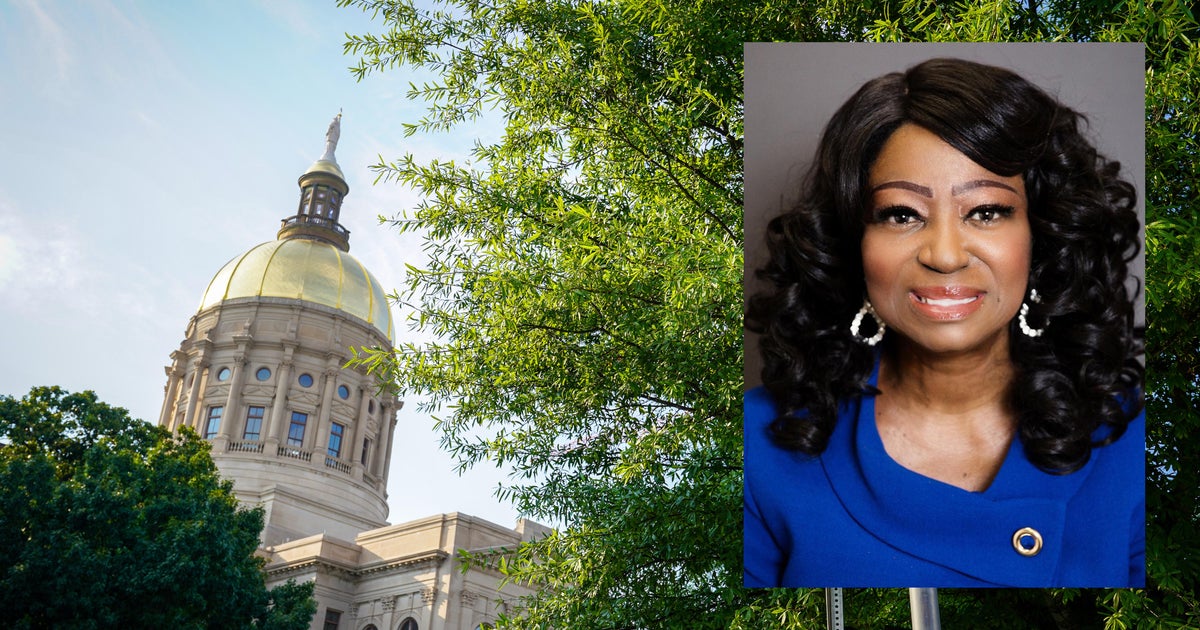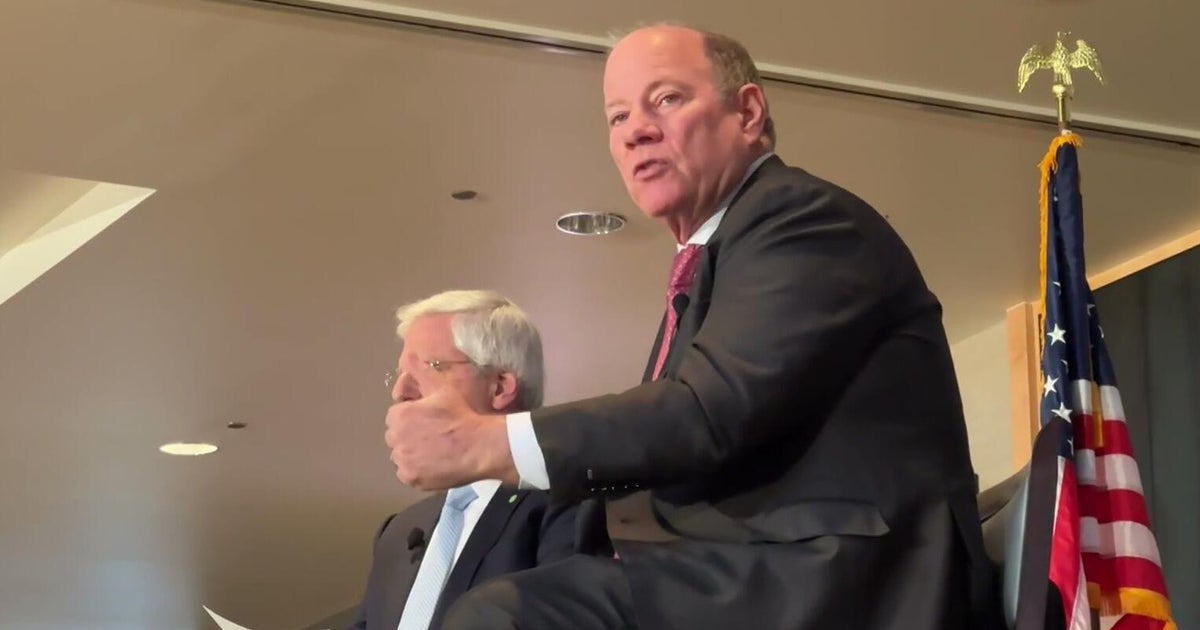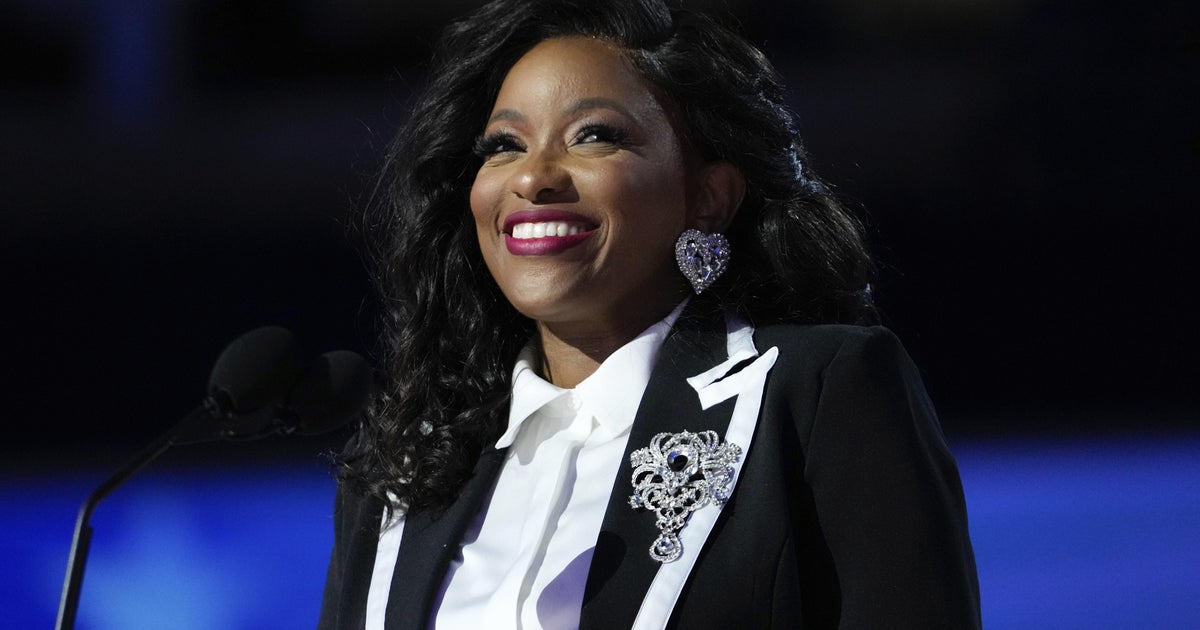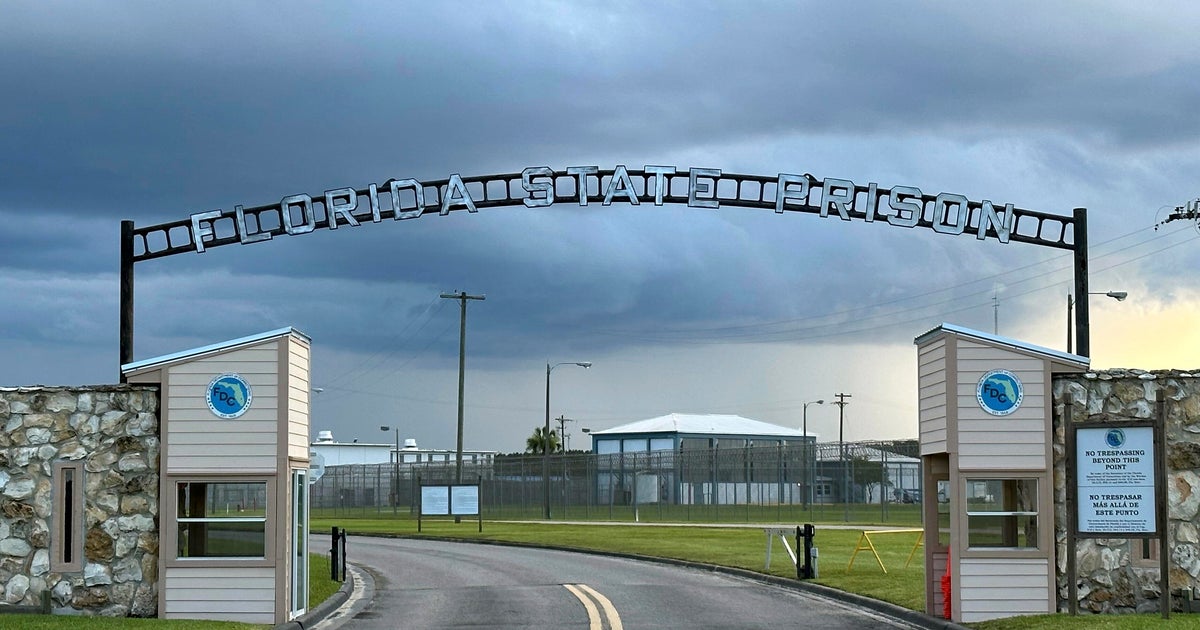Trump asks Supreme Court to overturn Colorado ruling barring him from primary ballot
Washington — Former President Donald Trump has appealed to the U.S. Supreme Court the landmark decision that found he is disqualified from holding the presidency under the Constitution's "insurrection clause" due to his conduct surrounding the Jan. 6, 2021, attack on the U.S. Capitol.
The former president urged the justices to take up the case and reverse the Dec. 19 ruling from the Colorado Supreme Court, which marked the first time a presidential candidate has been deemed ineligible for the White House under the clause, Section 3 of the 14th Amendment.
"The question of eligibility to serve as President of the United States is properly reserved for Congress, not the state courts, to consider and decide," lawyers for the former president wrote in their request to the justices submitted Wednesday. "By considering the question of President Trump's eligibility and barring him from the ballot, the Colorado Supreme Court arrogated Congress' authority."
The state supreme court, Trump's legal team argued, did not have the authority to deny the former president access to the ballot.
Though the Colorado Supreme Court said Trump should be kept off the state's presidential primary ballot, it paused its decision, ensuring his name will remain listed until the Supreme Court takes action. Colorado's presidential primary is scheduled for March 5.
Appeals from Trump and the Colorado Republican Party, which filed separately last week, thrust the Supreme Court into the center of a politically fraught case that not only raises novel legal questions, but has huge implications for the 2024 presidential election. The role the Supreme Court — which has a 6-3 conservative majority — could play in the upcoming presidential contest is already drawing comparisons to Bush v. Gore, when the high court effectively decided the 2000 election for President George W. Bush.
The Supreme Court has never before directly addressed the application of Section 3. In this case, it could rule on procedural grounds, such as finding that the case raises a political question that cannot be decided by the courts. But if the justices decide the case on the merits, they will consider weighty issues including whether the measure covers the president and presidency, if the Jan. 6 riot was an "insurrection" and whether Trump "engaged" in it.
The Colorado case
The Colorado Supreme Court, composed of seven justices all appointed by Democratic governors, ruled against the former president on all of those matters. In its 4-3 decision, the majority reversed the finding of a trial court in Denver as to the scope of Section 3 to conclude that the Civil War-era provision encompasses the office of the presidency and one who has taken the presidential oath.
"President Trump asks us to hold that Section Three disqualifies every oathbreaking insurrectionist except the most powerful one and that it bars oath-breakers from virtually every office, both state and federal, except the highest one in the land," wrote the Colorado Supreme Court's majority. "Both results are inconsistent with the plain language and history of Section Three."
The four justices also concluded that the Jan. 6 assault constituted an insurrection, and said Trump's actions "constituted overt, voluntary and direct participation in the insurrection."
"We do not reach these conclusions lightly. We are mindful of the magnitude and weight of the questions now before us," the majority wrote in its unsigned opinion. "We are likewise mindful of our solemn duty to apply the law, without fear or favor, and without being swayed by public reaction to the decisions that the law mandates we reach."
But Trump urged the justices to reverse the Colorado Supreme Court's finding that he engaged in insurrection, arguing that "in the context of the history of violent American political protest, January 6 was not an insurrection." The former president, his lawyers said, urged those descending on the Capitol to remain peaceful and support law enforcement.
They also said that Section 3 does not apply to Trump, given that the presidency is not explicitly listed as one of the government positions that an insurrectionist is barred from holding.
"To find that section 3 includes the presidency, one must conclude that the drafters decided to bury the most visible and prominent national office in a catch-all term that includes low ranking military officers, while choosing to explicitly reference presidential electors," Trump's lawyers wrote. "This reading defies common sense and is not correct."
Additionally, Trump's lawyers wrote in their filing that the provision does not prevent a candidate from running from office or being elected, since Congress could remove the disqualification before a successful candidate's term begins.
It's unclear how quickly the Supreme Court will act to consider whether to review the Colorado court's decision. The Colorado Republican Party has urged the Supreme Court to move swiftly on its appeal and discuss whether to take up the case at its Jan. 5 private conference. The group of Colorado voters who challenged Trump's eligibility also requested the high court speed up its consideration of the appeal and, if the justices agree to step in, hold arguments Jan. 19. They suggested the court issue a decision by Feb. 11, given that many states will hold their Republican primaries or caucuses after that.
Section 3 of the 14th Amendment bars a person who has sworn an oath to support the Constitution and later engages in insurrection against it from holding federal or state office. The provision has seldom been used in modern times, but it became the centerpiece of legal challenges to Trump's candidacy this year as he mounted a bid for a second term in the White House.
The former president is currently leading the field of Republicans seeking the 2024 presidential nomination, according to national polls.
In lawsuits filed across the country, many of which have been dismissed, voters and a little-known GOP presidential candidate named John Anthony Castro have separately argued that Trump is ineligible to hold office because of his conduct surrounding the Jan. 6 assault and sought a court order to keep him off the ballot.
Secretaries of states in other places, like Oregon and New Hampshire, have said they don't have the authority to exclude Trump from the primary ballots in their states. But Maine's secretary of state, Democrat Shenna Bellows, became the first to unilaterally remove Trump from her state's primary ballot after deciding that he is not qualified to hold office under Section 3. Bellows suspended the effect of her decision to allow Trump to appeal to the state superior court, which he did Tuesday.
The case in Colorado, brought on behalf of six voters, proceeded the fastest, and the state supreme court is the first to order Trump be kept off the ballot. But in the wake of its decision, California's lieutenant governor asked the secretary of state there to explore "every legal option" to remove the former president from the 2024 primary ballot. Trump's name will appear on the state's primary ballot, as the secretary of state released last week a certified list of presidential candidates for California's March 5 primary that included the former president.
In Michigan, the state supreme court rejected a bid from a group of voters to remove Trump from the primary ballot, and in Minnesota, the state's high court dismissed a case brought on behalf of several voters as to the primary ballot. In both cases, voters are not precluded from pursuing their challenges before the general election.


